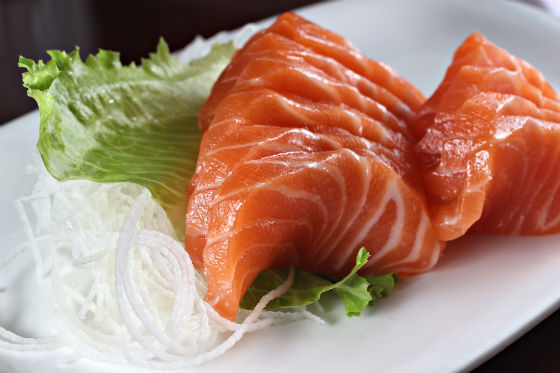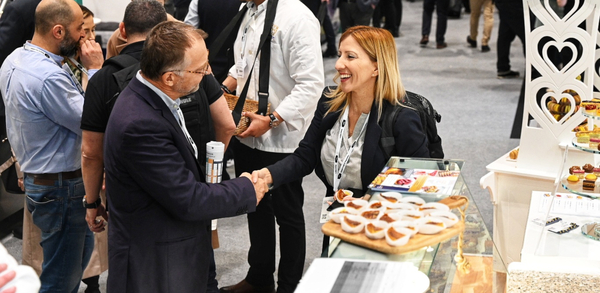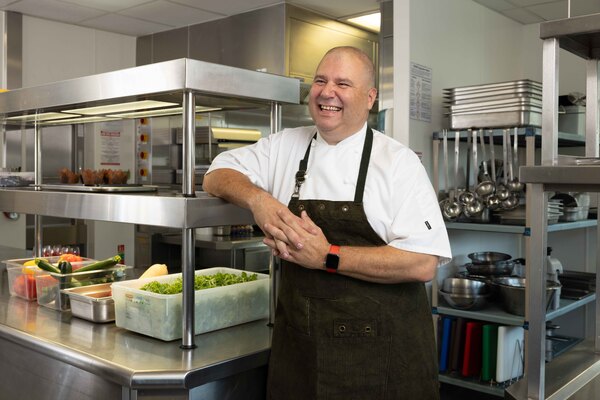Caterers should ready themselves for a pricey Christmas meal says Lynx Purchasing
Seasonal staples of turkey and salmon seeing price rises, says buying specialist Lynx Purchasing, but a bigger concern might be the new year.
Most hospitality and catering operators will be gearing up to deal with higher prices from food and drink suppliers this Christmas, but few have started to plan for the challenges of trading in the new year.
"The impact of rising prices on costs is something that doesn't need spelling out to operators," says Lynx Purchasing managing director Rachel Dobson. "Most have priced their Christmas menus to take higher costs into account and pitched their offer to customers accordingly.
"What's more of a concern is that many of the operators we speak to aren't giving enough thought to the challenges of the first few months of 2018, when it's very clear that inflationary pressure is going to continue. Trade is always quiet in the new year, but with all the indicators showing that consumer spending will be under pressure, any business that doesn't have its supplier costs firmly under control will struggle to compete for customers."
The warning comes in the newly published Autumn/Winter 2017 edition of the Lynx Purchasing Market Forecast, which offers operators an in-depth look at pricing and product trends over the coming months, using exclusive data gathered from the range of suppliers Lynx works with.
All imported food and drink, whether from Europe or traded on the global commodity markets, continues to be affected by the weakness of sterling against both the euro and dollar. Specific areas spotlighted in the Lynx Purchasing Market Forecast include:
Turkey
Seasonal turkey producers are struggling with a series of cost increases well above the rate of inflation, including higher feed and labour costs. The National Farmers' Union estimates that the overall costs for UK turkey producers are up by an average of 6.6% this year, which will work its way through the supply chain into the prices paid by operators. The same pricing trends are affecting other poultry.
Dairy
Rising dairy costs have hit the headlines and operators can expect to pay higher prices for the full range of Christmas products, such as cheese, butter, desserts and bakery goods. Dairy producers are gearing up to increase supplies, but this is unlikely to have an impact on prices before next year, especially as high demand for dairy from Asia continues.
Beef and pork
Beef production has also been affected by higher dairy costs because some farmers have reduced the amount of cattle they send to slaughter in order to focus on milk. Strong global demand for beef means supplies from the US and Brazil are also commanding high prices. Continued demand for pork from China and lower EU production is pushing up prices of menu staples, such as bacon and sausage.
Fish and seafood
Demand for salmon peaks in the run-up to Christmas
as manufacturers secure stock, which has pushed up the price of both Scottish and Norwegian supplies. However, menu alternatives, such as farmed sea bass and sea bream, are expected to be good quality and value over the coming months. Coldwater prawns, very much a staple of festive starters, have seen prices rise due to reduced quotas in Canada and poor landings in Norway.
Vegetables
Potato prices will start to increase as the market moves into stored product. However, root vegetables, including carrots, parsnips, leeks, beetroot, turnips, swede and celeriac, will remain at their best in terms of price and availability into the first quarter of 2018. With southern European producers looking to recoup losses from last year's poor crop, imported vegetables, including broccoli, cauliflower, peppers, tomatoes and salad leaves, are likely to cost more.
Avocados
The avocado supply challenge will continue for the foreseeable future, with a 30% to 40% year-on-year demand increase in the UK and Europe, and consumption rising in relatively new markets. Exports from Latin America to China are reported to be growing by 250% a year.
Fruit
The UK apple and pear harvest has been good, thanks to weather conditions that were more welcomed by growers than holiday-makers. Imported fruit, such as bananas, citrus and, across the winter, berries and soft fruit, is particularly vulnerable to currency issues, as supplies fluctuate according to which country and region is in season.
Wine
The Wine and Spirit Trade Association has warned of a ‘triple whammy' affecting wine prices: the Brexit vote's impact on the pound, rising inflation and the duty rise imposed in the Budget in March. As a result, the average price of a bottle of wine is up 4% year-on-year, with price pressure set to increase across autumn and winter.
Coffee
Coffee prices hit a four-month high on the global commodities market in August in response to continuing strong global demand. However, with a good harvest expected in Brazil, the world's biggest coffee producer, prices are forecast to remain broadly stable through to the end of the year.
Dobson adds: "Although operators should have their Christmas menus and pricing in place, there's still time to look at alternative suppliers if needed. More importantly, though, now is the time to be planning for the new year.
"With industry analysts forecasting that we'll see increased use of targeted deals, vouchers and special offers in order to encourage customers to eat out, operators will need to look at every area of their spending and be ready to change suppliers where necessary, to ensure they get the best in terms of both price and quality."
Lynx Purchasing works with more than 2,200 customers in the hospitality and catering sector on a no-membership and no-contract basis that offers like-for-like products at lower prices and often at better quality than operators could obtain by negotiating alone.




















